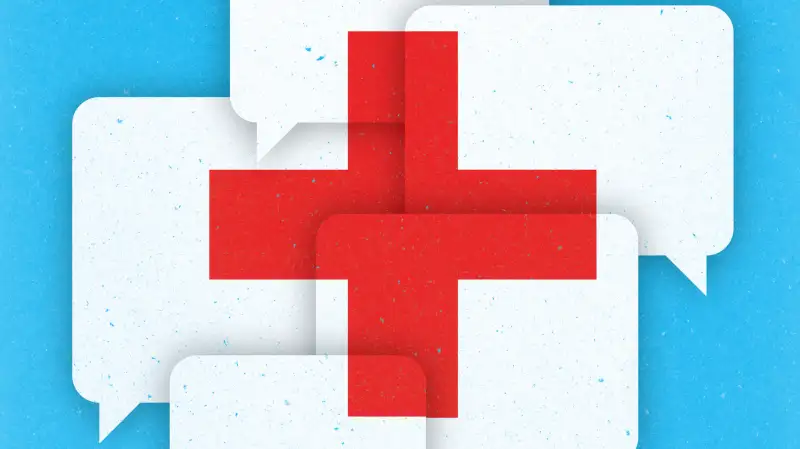My 401(k) Withdrawal Bumped Me Into a Higher Income Bracket for Obamacare

Q: While doing my taxes I discovered that I made more money in 2015 than I anticipated. I was forced to take money out of my 401(k) to make ends meet during the year and that raised my income level. Now I face having to pay back $1,500 for premium tax credits I received to subsidize my marketplace plan’s premiums. What am I supposed to do?
A: It’s not uncommon for people to fail to count one-time income bumps from retirement savings or other sources when they’re estimating their annual income to qualify for advance premium tax credits for marketplace coverage, said Tara Straw, a senior policy analyst at the Center on Budget and Policy Priorities.
In the case of retirement savings, “they’re not thinking of it as income because it’s their own money,” she said. But since retirement money is generally deposited on a pretax basis, it counts as income when it’s withdrawn and can affect how much people qualify for in premium tax credits.
It’s important to go back to the marketplace and report any income changes, including one-time changes, as soon as they occur to minimize repayment problems down the road, Straw said.
About half of people who received advance premium tax credits in 2014 got too much, the Internal Revenue Service reported, based on the tax forms people filed to reconcile how much they received against how much they should have gotten.
The amount that people have to repay is capped for those whose income is less than 400 percent of the federal poverty level (about $47,000 for one person).
“The repayment caps are really helpful in cases like this when something unexpected occurs or where an error was made,” Straw said. However, taxpayers can still be on the hook for significant amounts, up to $1,250 for single taxpayers and $2,500 for couples and families, she said.
If you can’t pay what you owe right away, the IRS will allow you to pay in installments, but there may be additional fees and interest charges.
Kaiser Health News is a national health policy news service that is part of the nonpartisan Henry J. Kaiser Family Foundation.